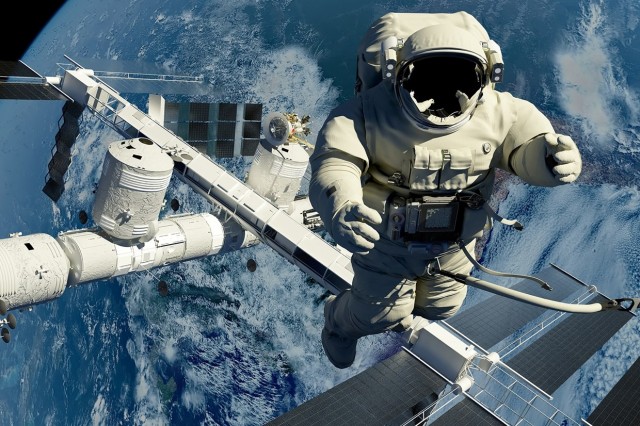Astronaut performance jeopardised by sleep deprivation
Ars Technica » Scientific Method 2014-08-09

Ever since the Apollo 11 headed to the Moon in late 1969, astronauts have complained of sleep deprivation. Now a study has shed light on the extent of the sleep deprivation and fatigue suffered by those who travel into space.
In accordance with official NASA flight schedules, astronauts are ordered to get 8.5 hours of sleep every night. But after tracking the sleep patterns of 85 crew members aboard the International Space Station (ISS) and space shuttles, researchers have discovered that astronauts on shuttle missions sleep for under six hours per night on average and just over six on ISS missions.
Crew members on modern space missions sleep in quiet, darkened chambers and three quarters of astronauts take sedatives—yet the problem still prevails. It was not only that astronauts failed to get the required amount of sleep, however. In the three-month pre-flight training period, sleep was also found to be significantly disturbed. During this time crew began to build up a long-term sleep deficiency, averaging less than 6.5 hours while in training.
Read 6 remaining paragraphs | Comments